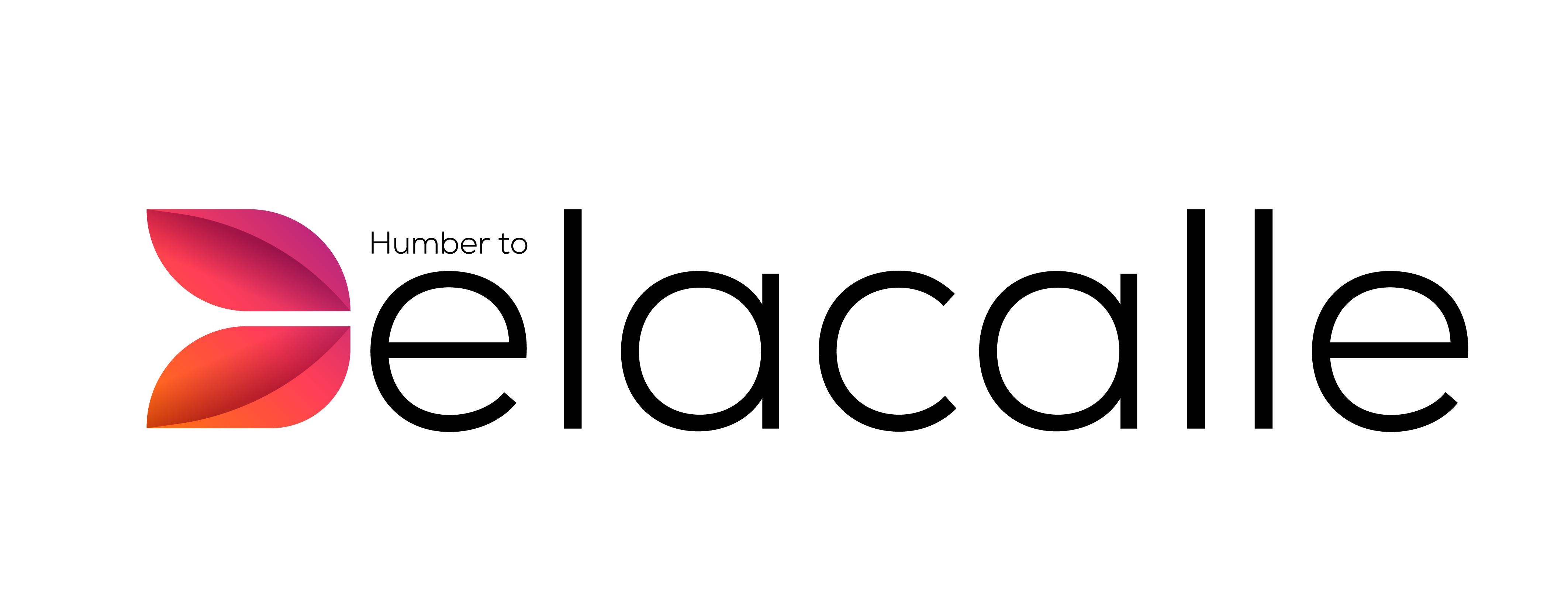
Everybody loves a good underdog story. There’s something thought-provoking and emotional seeing a person, against all the odds, become triumphant in the face of discrimination and challenges. The story can also be a source of strength and power, showing the possibility that insurmountable problems and opponents can be toppled down with a mixture of luck, help from other people, bravado, and preparation. In his article in Psychology Today, psychologist and author Guy Winch even points out a study where participants found underdogs more attractive, especially when faced with an unfair playing field.
In the world of video games, the neophyte digital platform Epic is playing the role of the underdog as the company battles industry giants in the worlds of gaming and technology. They are challenging the status quo prevalent for many years, which gives more advantages to large corporations and leaves game developers, creators, and players with less than ideal offers. There’s no doubt that everyone wants fairness and the best deals in their transactions, whether they’re looking for steel suppliers for their construction business or canvassing for the most effective skincare products.
Head to head with Steam
Epic’s first Goliath was the 17-year monopoly of Steam in PC gaming. Steam has built an immense catalog of over 30,000 games and counting throughout the years, with a record-breaking number of gamers playing online. Other storefronts like Itch.io and GoG Galaxy couldn’t penetrate the massive userbase of Steam as they only remained popular in specific niches.
As a result, game developers had no choice but to agree to Steam’s high 30% cut from sales if they want to reach a lot of people. Users, on the other hand, had to deal with the lax in curation and moderation in the store, which makes it hard to sift through the rare gems among the popular Triple-A titles and visual novels.
In response to Steam’s unfavorable practices, Epic offered developers 88 percent of the profits, getting only 12 percent for their services. They also stayed true to their promise of regularly curating their storefront, highlighting quality games no matter the genre. Gamers were enticed to sign up for an Epic Store account with free games being given away every week. Epic CEO Tim Sweeney shared their strategies have been a success in putting the company on everyone’s radar just two years from the store’s launch in 2018.
Courtroom drama with Apple and Google
Tech mega corporations Apple and Google are the latest targets of Epic, with the latter filing antitrust lawsuits for their cartel-like app store policies. Apple and Google also take a 30% fee from the profits of app developers, which is a hefty price, especially for small-time creators.
What sparked the altercation was the removal of Epic’s multiplayer game Fortnite in the app store. Epic gave mobile players an option to buy in-game purchases at a cheaper rate through their payment system, instead of going through Apple and Google’s system that included the 30% cut. Large in-game events were also held in Fortnite, which included a video premiere of a parody of Apple’s 1984 ad, as part of the #FreeFortnite movement.
Say what you will about Epic, but no one can contest the guts, creativity, and showmanship they have shown in their battle of David versus Goliath.
Meta title: Epic Games Challenges Industry Giants
Meta description: Epic continues to challenge the monopolistic practices of mega-corporations in the gaming and tech industry. Learn about their David versus Goliath story.



